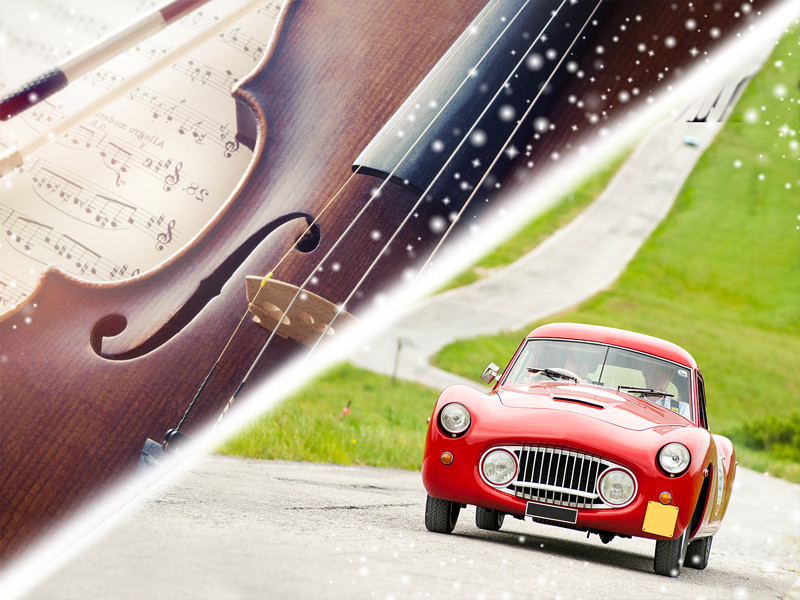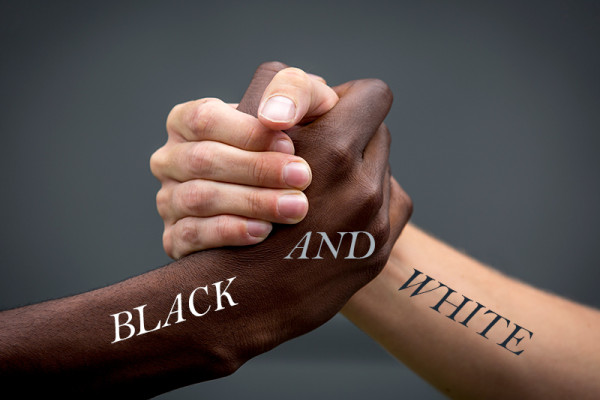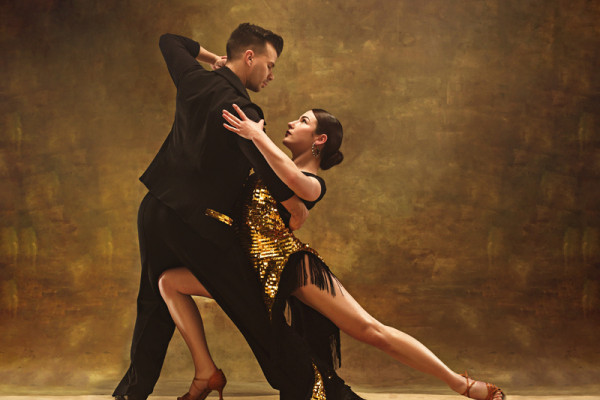Classic or classical?

In a previous article we explained the difference between logic and logical, rhetoric and rhetorical and how to use each of these words in English. Often, these words confuse us because in Spanish these words have only one translation: mágico, lógico y retórico. However, in English each one of them has a differen meaning.
So that's why, in this article we'll look at other groups of words that follow this kind of pattern and that we have to learn to use correctly: historic/historical and classic/classical. The first case, historical, this word applies to all related to history: an historical monument, an historical building or an historical figure. However, historic is used to refer to something that "made history" somehow for its importance or popularity: an historic event, an historic discovery. Therefore, we say that the moment man landed on the moon for the first time was "historic". At the same time, a class about history is neither historical nor historic, it's simply a history class.
Regarding classic/classical, we need to know that we use classical in the following examples: classical music, a classical composer or classical ballet. So classical applies to everything that forms part of the classical stage of these arts. Whereas when we talk about a classic car, a classic dress or a classic film we are referring to it being so good that it's a classic. For example, we say that a Mozart album is classical music, in the literal sense of the word. However, if we are talking about an album by a very famous rock group, we say that it's a "classic" in a figurative manner: This album is a classic.
We hope that the difference between these words is a bit more clear now. If there are more groups of words that you want to learn, don't hesitate to write to us in comments. Here at Lewolang we are delighted to be able to help everybody who's learning English or wishing to improve their language skills.
Artículos relacionados
Comment















